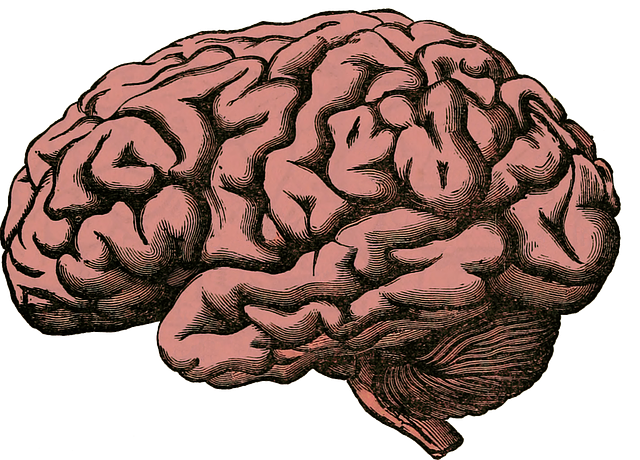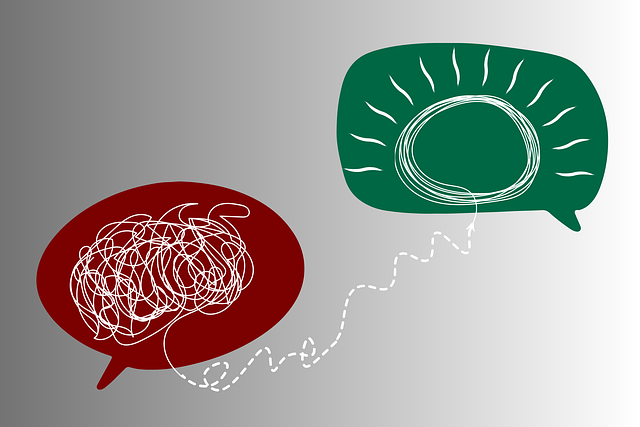Trauma can have profound, lasting effects on individuals' well-being if left unsupported. Recognizing its symptoms is crucial. For Mandarin Chinese speakers, Lone Tree Mandarin Chinese Speaking Therapy offers tailored support, addressing cultural and linguistic barriers to healing. This specialized service provides a safe space for open communication in their native language, fostering trust and effective trauma healing. By combining culturally sensitive care with evidence-based practices, Lone Tree empowers clients with long-term mental health strategies.
“Trauma, an indelible mark left by adverse experiences, profoundly impacts individuals’ mental and emotional well-being. This article explores the critical role of specialized support services in healing. We delve into the significance of understanding trauma’s far-reaching effects and how Lone Tree Mandarin Chinese Speaking Therapy offers a unique, culturally sensitive approach to assistance. Additionally, we guide readers through accessing and optimizing these services, emphasizing the importance of tailored care for optimal recovery.”
- Understanding Trauma and Its Impact on Individuals
- The Role of Lone Tree Mandarin Chinese Speaking Therapy in Support
- Accessing and Optimizing Trauma Support Services
Understanding Trauma and Its Impact on Individuals

Trauma is a complex response to distressing events or situations that overwhelm an individual’s ability to cope. It can manifest in various ways, affecting one’s physical, emotional, and mental well-being. Understanding trauma involves recognizing its profound impact on people’s lives, which can lead to long-lasting issues if left unsupported. The experience of trauma often results in a range of symptoms, including anxiety, flashbacks, nightmares, and avoidance behaviors.
For those speaking Mandarin Chinese, accessing tailored support is essential, especially when navigating the challenges of cultural barriers. Lone Tree Mandarin Chinese Speaking Therapy offers specialized services to cater to this unique need. By providing therapy in their native language, they enable individuals to express themselves openly, fostering a deeper connection with therapists and facilitating more effective healing processes. This cultural sensitivity ensures that trauma survivors receive the mental wellness journaling exercise guidance and anxiety relief they deserve, promoting overall well-being.
The Role of Lone Tree Mandarin Chinese Speaking Therapy in Support

In today’s diverse society, understanding the significance of cultural sensitivity in mental healthcare practice is paramount. Lone Tree Mandarin Chinese Speaking Therapy stands out as a specialized service that bridges the gap between traditional Western therapy and the unique needs of the Mandarin-speaking community. By offering sessions conducted entirely in Mandarin, this therapy provides a safe and comfortable environment for individuals to discuss their experiences and emotions freely. This approach not only enhances accessibility but also fosters trust and encourages open communication, which are crucial for effective trauma support.
The therapy incorporates cultural sensitivity in mental healthcare practice by tailoring its techniques to align with the values and beliefs of Mandarin-speaking clients. It emphasizes emotional well-being promotion techniques that resonate within this specific cultural context, incorporating Mind Over Matter principles to empower individuals in managing their mental health. By combining linguistic fluency with an understanding of cultural nuances, Lone Tree Mandarin Chinese Speaking Therapy ensures that trauma support services are inclusive and impactful for all communities served.
Accessing and Optimizing Trauma Support Services

Accessing trauma support services is a crucial step towards healing for individuals who have experienced traumatic events. For those who speak Mandarin Chinese as their first language, finding culturally sensitive and linguistically appropriate therapy can be transformative. Lone Tree Mandarin Chinese Speaking Therapy offers a unique and specialized service, addressing the specific needs of this community. This approach ensures that clients can receive support in their native language, fostering trust and encouraging open communication about personal experiences.
Optimizing trauma support involves not only accessibility but also the design of effective programs. Mental Health Education Programs should be tailored to teach emotional regulation and mood management strategies, empowering individuals with coping mechanisms. By combining cultural sensitivity with evidence-based practices, these services can effectively help clients navigate their traumatic experiences and promote long-term mental health and well-being.
Trauma is a significant issue that affects many, and access to appropriate support services is vital for recovery. The article has explored the profound impact of trauma on individuals and the unique role that Lone Tree Mandarin Chinese Speaking Therapy plays in providing specialized care. By understanding the diverse needs of survivors, we can optimize service provision, ensuring accessibility and effectiveness. This includes recognizing the importance of cultural sensitivity, as demonstrated by Lone Tree’s approach, to create safe spaces for healing. With continued efforts to expand and promote trauma support services, especially those catering to specific communities, we can ultimately foster a more compassionate and resilient society.














